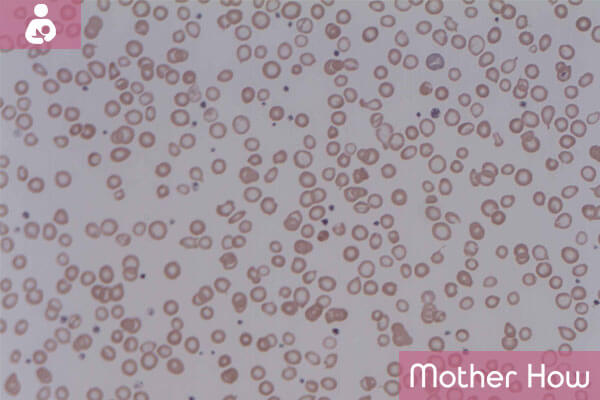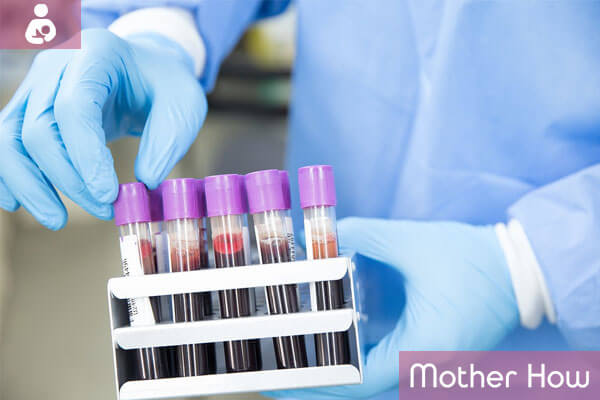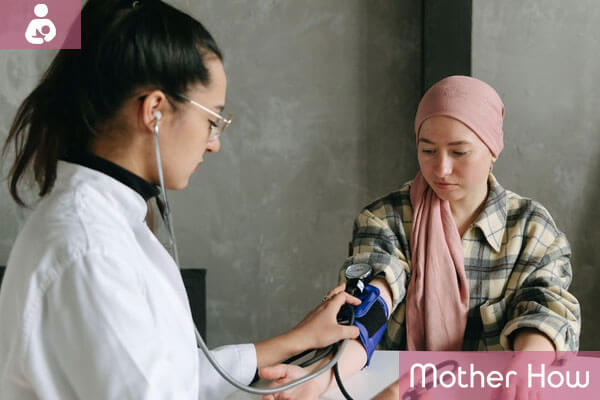Most women don’t face any pregnancy complications during their term. However, you can still come across some problems if you’re expecting twins or have recently been down with an illness. That’s why it’s so important to go to the doctor on time. In this post, we’ve collected the most valuable information about widespread pregnancy complications – just in case you’ll need it (but we hope you won’t!)
Pregnancy Complications during the Early Terms
Severe Headaches
The most probable reason for this problem is the lack of iron. Include whole-grain bread, liver, eggs, and beans into your diet.
Back Pain
Back pain during pregnancy is very common. By the 5th month, the uterus has increased, so it puts a lot of pressure on your back muscles, and spine. Daily exercises will make your abdominal and back muscles stronger. You can try swimming while pregnant. Find comfortable standing, sitting, and sleeping positions. Wear a pregnancy belly band.
Varicose Veins
In order to avoid this pregnancy complication, raise your feet up a few times a day and use compression stockings (put them on before getting up in the morning).

Leg Pain and Cramps
Such cramping pains can bother future moms during the night. Massage your calves from the bottom up. Walk barefoot when you’re at home. Put a cushion under your feet before going to sleep.
Vaginal Bleeding
No matter what pregnancy term it is, if there is vaginal bleeding you should lie down and immediately call an ambulance. Before the 28th week of pregnancy, it can be a sign of a miscarriage. After the 28th week, it most probably means placental detachment.
The doctor will have you admitted to a clinic where you most likely have to stay until childbirth. If you’ve lost a lot of blood, you’ll need a blood transfusion, and the labor will be stimulated or the doctor will perform an operation.
But if the amount of blood isn’t large, and the vaginal bleeding’s happened shortly before childbirth, doctors recommend waiting for natural contractions.
Vaginal Spotting During Pregnancy
Whitish, scentless vaginal spotting is caused by hormonal changes in the female body. However, if there is blood in the discharge; or the color changes to green or brown, the spotting has an unpleasant smell; or you feel itching and burning in the genital area, consult a doctor. Be careful: the amniotic fluid leakage indicates that the fetal bladder is ruptured.
Immediately consult your healthcare provider if you have the following pregnancy complications:
- Vaginal bleeding
- Swollen hands or feet
- Severe legs’ edema
- Severe headaches
- Blurred vision
- Sharp or dragging abdominal pain
- Sudden leakage of fluid from the vagina
- Prolonged and severe vomiting
- Raised body temperature (100.94°F or more)
- Frequent painful urination
- Your baby has stopped moving or you feel its movements less than 10 times during 12 hours (after the 28th week)

Frequent Urination
Most often you come across this pregnancy problem at the beginning and at the end of the term. The main thing you should remember: don’t wait for too long! It increases the risk of bladder and kidney infections.
Constipation and Hemorrhoids
In order to improve digestion, drink a lot of fluid; eat products rich in fiber, such as cereals, whole-grain bread, fruit, and vegetables. If constant constipation has led to bleeding, painful hemorrhoids, ask your healthcare provider for advice.
Health Complications during the whole Course of Pregnancy
How to get Rid of Heartburn?
Heartburn usually occurs after a meal, during rest, or during sleep. In order not to trigger this condition, eat in small portions but more often (every three-four hours), then the concentration of glucose in the blood won’t get lower, and the fetus will receive all the necessary energy.
You can also try to change the position you sleep in. Use a high pillow to achieve the desired effect.
Burps
If you have sour burps, keep chewing on two hazelnuts until they turn into a tasteless paste, and then swallow it.
Nausea and Vomiting During Pregnancy
Such pregnancy complications usually plague the future mom during the period of time from the 3rd week till the 4th month. A lot of pregnant women suffer from morning sickness, after all. You can relieve the symptoms by eating a few dry cornflakes, a small piece of toast, or a cracker half an hour before getting up in the morning. Don’t hurry to get up. Eat often but in small portions (5 times a day). Have your drinks in between the meals, not during them. Try to avoid unpleasant smells.
Preeclampsia Treatment
One of the most widespread pregnancy complications during the second half of the term is preeclampsia. Its signs and symptoms are swelling, protein in the urine, high blood pressure, excess weight. If you don’t take the necessary measures, there is a possibility of quick deterioration, accompanied by convulsions.
Patients with preeclampsia need bed rest and antihypertensives which reduce blood pressure. It’s necessary to limit the consumption of salt. Sometimes, the woman is put into a hospital.

Swellings
Good remedies for edema are rosehip broth, stewed fruit drink, or fruit tea. A broth of parsley is a great diuretic.
Rh Disease
15% of people are Rh-negative. Pregnancy complications can begin if you and your unborn child have different Rh, so there is a rhesus incompatibility. It’s usually not dangerous during the first pregnancy, but there can be more severe complications during the following ones.
Some clinics use a specific vaccine – in the case when an Rh-negative mother is pregnant with an Rh-positive baby.
Iron Deficiency
This pregnancy complication is usually caused by the low amount of iron in the blood – the situation should be improved in order for the woman to manage the stress the childbearing process and labor will take on her body. Try to include products rich in iron in your pregnancy diet. If your doctor has prescribed iron pills, take them after a meal and wash them down with a lot of fluid. It’ll prevent constipation, nausea, and diarrhea.
Migraines, dizziness, leg cramps, intestinal colics, arrhythmia are the symptoms of magnesium deficiency. Eat more nuts, soybeans, cereals, and vegetables, especially root crops.
Pregnant with Twins
In this case, the course of pregnancy and the delivery take their usual course, only the second stage of labor happens twice. The risk of premature birth, anemia, preeclampsia increases. The fetuses can take the wrong position in the mother’s womb.
Here are a few precautions you should take:
- Regular visiting your doctor. That’s the only way to detect abnormalities
- Your spine is overstrained by a double load. Watch your posture and get more rest, especially during the last weeks and days before childbirth
- Eat in small portions in order to avoid digestive disorders

Born in Belarus, 1985, a pedagogue and family psychologist, mother. Taking part in procedures of social adaptation of the foster children in new families. Since 2015 is a chief editor of the motherhow.com project, selecting the best and up-to-date material for those, who are planning, expecting, and already having babies.

